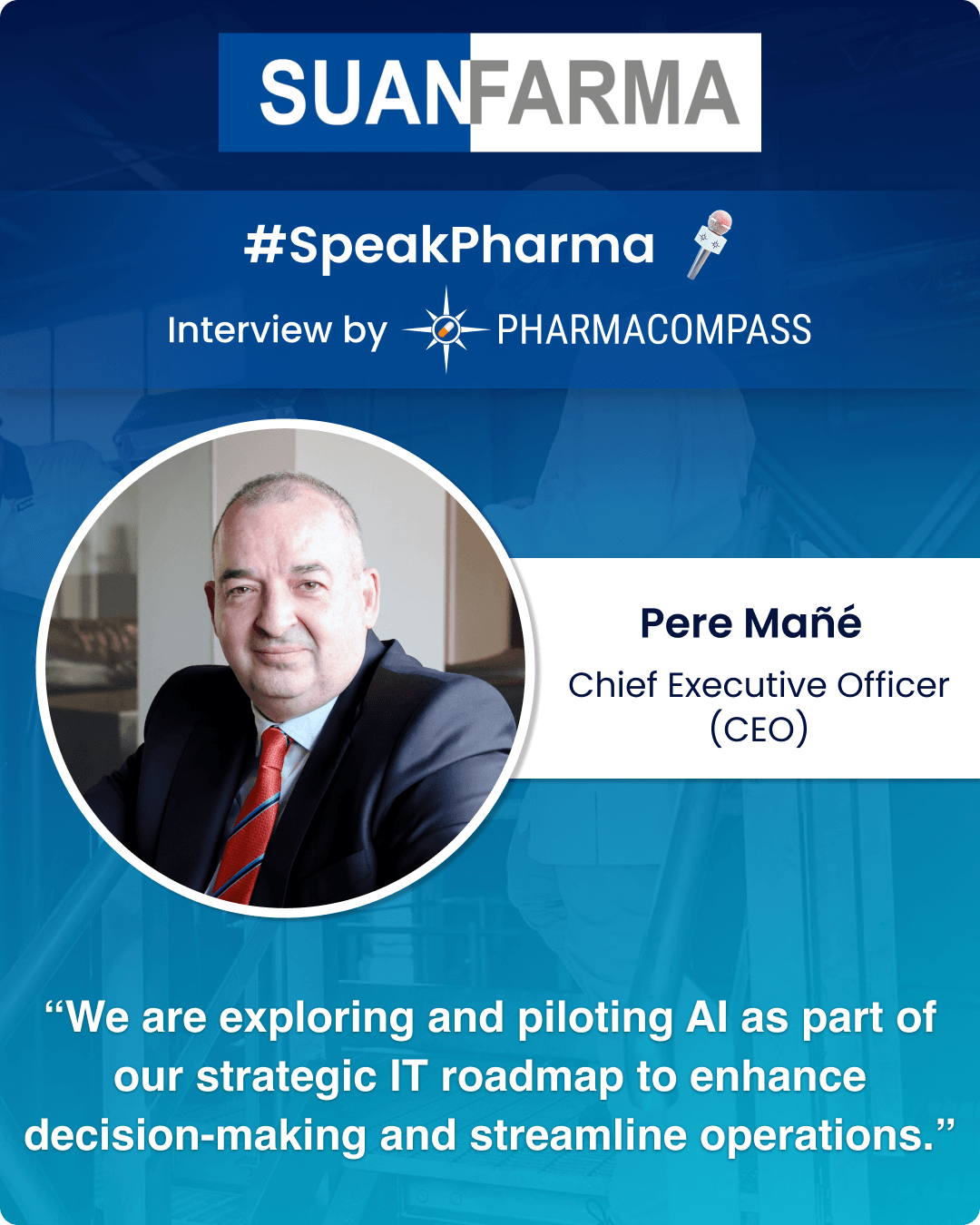
This week, Pharmaceutical Whispers (Phispers) looks at data integrity issues in India, ‘America’s most admired law breaker” Johnson & Johnson’s tough week, Valeant & GSK to get new CEOs and lots more pharma news from across the world.
It’s raining data-integrity problems in India
The spotlight is once again on data-integrity issues emanating out of India, casting a fresh blow to the country’s pharma industry which supplies generic medicines to countries across the world.
Over the last week, companies like Marksans Pharma, Svizera Labs and Emcure received non-compliance notices from international regulators, which have also got published on the regulators’ websites.
The World Health Organization (WHO) had issued a Notice of Concern (NOC) in September 2015 to Svizera Labs, a major supplier of tuberculosis drugs to developing countries, over “manipulated dissolution test results”. This week, the WHO went a step further as their investigation into Svizera led them to suspend the approval of tuberculosis drugs made by the company. It also said independent experts should retest batches of medicine already in the market, and consider product recalls if needed.
Similarly, the compliance problems at India’s Emcure Pharmaceuticals have been known for quite some time. However, last week, the FDA finally posted the warning letter issued to Emcure and Barbara Unger analyzed the observations which mention repeat violations of data falsification and manipulation.
And Marksans Pharma, a company with a questionable compliance track record, had their manufacturing facility in Goa, India fail an inspection by the UK drug regulator. The inspectors noted critical data integrity violations which included “evidence of destruction of multiple parts of records of prime data”.
Vaccine Scandal in China
Thirty-seven people have been arrested in China in a crackdown on the black market sale of vaccines. Nearly US $ 90 million worth of illegal vaccines are suspected of being sold in dozens of provinces across the country.
A former doctor from eastern China’s Shandong province and her daughter were caught peddling 25 kinds of unrefrigerated vaccines, which could have compromised inoculations and resulted in paralysis and even death.
The drug regulator in Shandong – the province at the heart of the scandal – said it would work with police forces and the health ministry to inspect vaccine stocks to ascertain where US $ 88 million worth of vaccines had ended up. The case – involving vaccines against meningitis, rabies and other illnesses – underlines the challenge being faced by China to regulate its fragmented supply chain.
‘America’s most admired law breaker” Johnson & Johnson’s tough week
Just when Johnson & Johnson lost a case in which the jury awarded US $ 500 million to plaintiffs for faulty hip implants, we read an in-depth analytic feature in Huffington Post terming Johnson & Johnson as ‘America’s most admired law breaker’.
The feature sketches how “Over the course of 20 years, Johnson & Johnson created a powerful drug, promoted it illegally to children and the elderly, covered up the side effects and made billions of dollars.”
On March 16, a Texas federal jury ordered Johnson & Johnson and its DePuy unit to pay about US $ 500 million to five plaintiffs who said they were injured by Pinnacle metal-on-metal hip implants.
Following a two-month trial, jurors deliberated that the Pinnacle hips were defectively designed, and that the companies failed to warn the public about the risks. Jurors awarded about US $ 140 million in compensatory damages and about US $ 360 million in punitive damages.
Indian drug-makers’ armada takes on FDC ban, gets temporary relief
Last week, an Indian court restrained the government from enforcing a ban on hundreds of drugs for another week until it had heard petitions from drug-makers challenging the order.
Recently, the Indian government had prohibited the manufacture and sale of 344 fixed-dose combination (FDC) drugs, citing experts’ view that there was no medical justification to administer them. Several companies, including Indian units of Abbott Laboratories and Pfizer and domestic firms like Cipla and Macleods Pharmaceuticals, went to the Delhi High Court to get the ban lifted.
Combination drugs are used worldwide to improve patients’ compliance, as it is easier to take one drug rather than several. But inconsistent enforcement of drug laws in India has led to hundreds of such medicines entering the market based on approval from regulators in individual states, rather than the central government.
After Valeant, South Korea’s most valuable biotech firm Celltrion comes under scanner
Valeant’s CEO – J. Michael Pearson – assured its staff the company is not going broke, in wake of the recent accounting scandal for which the company has blamed former CFO Howard Schiller for financial misstatements. However, Pearson’s own job could not be saved. Valeant is looking for a new CEO.
At the same time, talk about another fraud, similar to Valeant, in South Korea starting making headlines. According to an unidentified group named ‘Ghost Raven Research’, one of South Korea’s most valuable companies – Celltrion – could be nearing a complete fraud. The US $ 10 billion ‘biosimilar’ company happens to be South Korea’s largest biotech company. According to this research group, about “90 percent” of the company’s revenues have been faked.
However, Celltrion countered the report by saying that in view of positive results of Celltrion’s biosimilar program, efforts to discredit the company's financials were being made by short sellers of Celltrion’s stock. “They are circulating these false reports to recover their damages”, Celltrion said in their statement.
GlaxoSmithKline’s CEO Witty to bow out in March 2017
GlaxoSmithKline’s chief executive officer Andrew Witty is all set to retire in 12 months after leading the British drug-maker through a series of changes since 2008.
Unfortunately, the changes failed to lift the share price of GSK. Witty, a GSK veteran, has been under pressure for the last three years as sales and profits have flagged.
Some investors have questioned his focus on a consumer health business that ranges from headache pills to toothpaste. His reputation was further tarnished by a bribery scandal in China that ended up with a record 3 billion yuan (US $ 463 million) fine for GSK in 2014.
As France puts drug pricing on G7 agenda, Sanofi says it will stay on in Paris
High medicine prices are threatening patient access to health and the sustainability of health services. Therefore, French President Francois Hollande wants the issue of medicine prices to be taken up at the G-7 summit in Japan in May.
Meanwhile, France’s largest drug maker – Sanofi – has said it isn’t moving its headquarters out of central Paris. “We have no intention to leave our headquarters at 54 Rue la Boetie,” the Sanofi spokesman said.
Earlier, Bloomberg News had reported that Sanofi was discussing a move to Gentilly, a town south of Paris where it already has offices, as a cost-saving measure. In November 2015, Sanofi’s CEO Olivier Brandicourt had pledged to reduce expenses by US $ 1.7 billion in order to help sustain earnings growth through 2020.
New FDA commissioner’s first in-depth interview
Last month, the US Senate had confirmed Dr Robert Califf to run one of the world’s most influential health agencies – the US Food and Drug Administration (FDA).
In his first in-depth interview since taking office, Califf spelt out the priorities before the FDA. “In this era, genetic and genomic information have given us the opportunity to develop targeted therapy and treat rare diseases in ways that wouldn't have been imaginable before,” he said in the interview.
Prior to his appointment, Califf was professor of cardiology at Duke University School of Medicine.
Will Bernie Sanders be able to block the Pfizer-Allergan mega merger?
The Allergen-Pfizer merger has been termed as the biggest tax evasion scheme of its kind. Last week, Senator Bernie Sanders urged US Treasury Secretary Jack Lew to block the planned merger of the two pharmaceutical giants.
According to Sanders, Pfizer's proposal to acquire Allergan (which manufactures Botox) is “nothing less than a tax scam.” The so-called “corporate inversion,” which would allow Pfizer to profit from a lower corporate tax rate in Ireland (Allergan’s home country), could starve the US government of up to US $ 35 billion in tax revenue, Sanders said, citing a recent report from consumer group – Americans for Tax Fairness. “Pfizer and other pharmaceutical companies cannot be allowed to evade taxes and rip off American patients who already pay the highest prices in the world for prescription drugs,” Sanders said.
Merck wins Hepatitis C patent battle with Gilead, up next Amgen vs Sanofi
In Merck’s high-stakes patent battle with Gilead, a federal jury upheld the validity of two Merck patents. Infringing Merck’s patents could mean Gilead may have to part with almost ten percent of the revenue they earn from their revolutionary Hepatitis C drugs, Sovaldi and Harvoni.
Gilead’s Sovaldi and Harvoni medications brought in over $19 billion in sales in 2015 alone.
Last week, in another clash of the titans, Amgen prevailed in a patent fight with Sanofi and Regeneron on its innovative cholesterol lowering PCSK9 drug, Repatha.
An analyst, who predicted an Amgen victory in the case, expects that Sanofi’s competing drug Praluent “will be removed from the U.S. market in 2016". Both drugs, Repatha and Praluent, have peak sales estimates of $3 billion each.
Paracetamol ‘not clinically effective’ in treating osteoarthritis pain
A study published by Science Daily points out that in a large-scale analysis of pain-relief medication for osteoarthritis, paracetamol does not meet the minimum standard of clinical effectiveness in reducing pain or improving physical function in patients with knee and hip osteoarthritis.
According to researchers, although paracetamol was slightly better than a placebo, taken on its own, it has no role in the treatment of patients with osteoarthritis, irrespective of the administered dose.
The PharmaCompass Newsletter – Sign Up, Stay Ahead
Feedback, help us to improve. Click here
Image Credit : Photoshop Experiment by $amii is licensed under CC BY 2.0
“ The article is based on the information available in public and which the author believes to be true. The author is not disseminating any information, which the author believes or knows, is confidential or in conflict with the privacy of any person. The views expressed or information supplied through this article is mere opinion and observation of the author. The author does not intend to defame, insult or, cause loss or damage to anyone, in any manner, through this article.”





